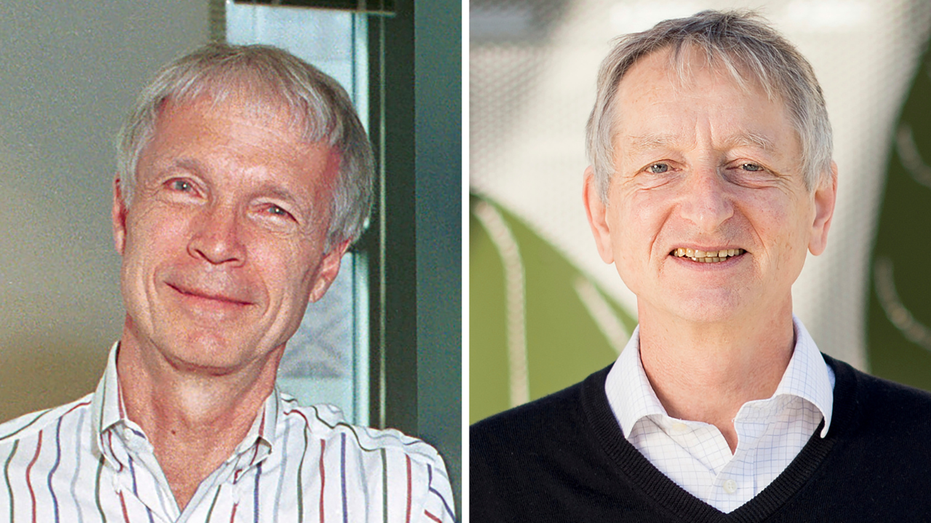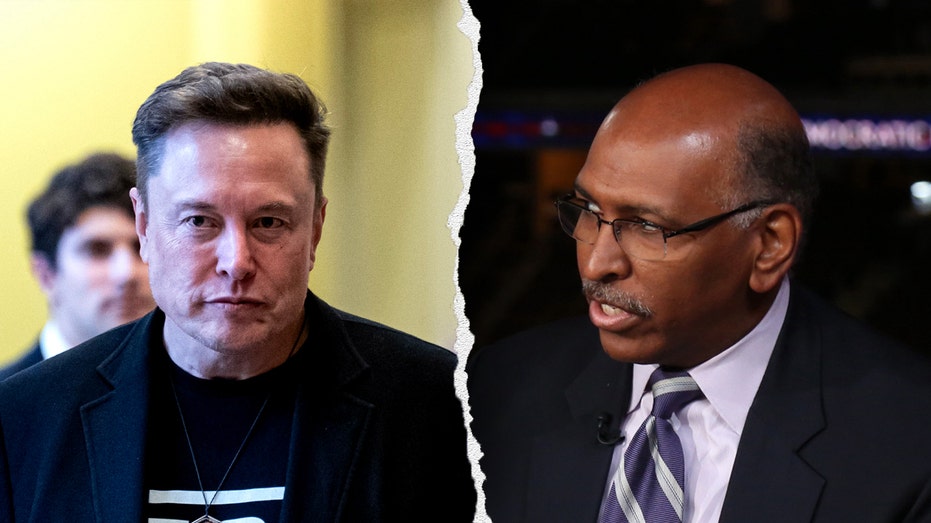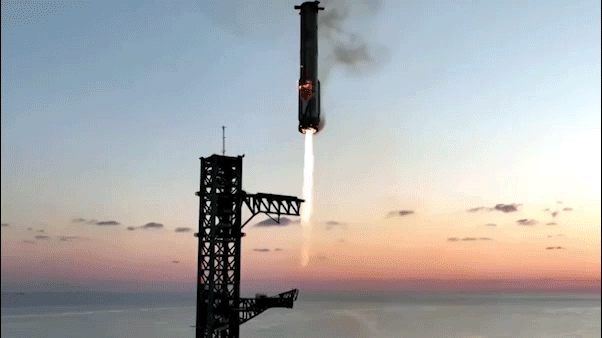Pioneers of AI Win Nobel Prize in Physics for Laying the Groundwork of Machine Learning

Sarah Johnson
March 3, 2025
Brief
AI pioneers John Hopfield and Geoffrey Hinton win the Nobel Prize in Physics for foundational work on neural networks, sparking both technological revolution and ethical debates on AI's impact.
Artificial intelligence pioneers John Hopfield and Geoffrey Hinton have clinched the Nobel Prize in Physics for their groundbreaking contributions to machine learning, a field that’s reshaping everything from medicine to how we unlock our phones. But let’s not forget, this tech marvel also brings with it a Pandora's box of challenges for humanity.
Hinton, often dubbed the 'godfather of AI,' hails from Canada and Britain and works at the University of Toronto. Meanwhile, Hopfield, representing the U.S., is based at Princeton University. Nobel committee member Mark Pearce couldn’t have put it better: "These two gentlemen were really the pioneers." Their work laid the foundation for artificial neural networks, mimicking the human brain's neurons, which power today’s facial recognition systems, language translation, and countless other daily conveniences.
Ellen Moons, another Nobel committee member, praised their contributions but didn’t shy away from pointing out the dual-edged sword AI represents. While it’s undeniably beneficial, the rapid pace of development comes with a heavy dose of ethical and safety concerns for the future.
Hopfield’s 1982 research paved the way for Hinton’s later advancements. Reflecting on the impact, Hopfield remarked, "I continue to be amazed by the impact it has had." Meanwhile, Hinton likened AI’s potential influence on civilization to the Industrial Revolution, predicting a seismic shift in productivity and healthcare. But he also sounded the alarm: "We have no experience of what it’s like to have things smarter than us." A bit chilling, right?
Their groundbreaking contributions haven’t come without reservations. Hinton, who stepped away from his role at Google to speak freely about AI’s dangers, has voiced concerns about superintelligent systems spiraling out of control. Hopfield, too, has long advocated for strong oversight of the technology, likening its potential for harm and good to nuclear energy and virus research.
The laureates received the news in true 'scientist chaos' fashion. Hopfield was at a cottage in England, juggling emails, coffee, and a flu shot, while Hinton, staying at a budget hotel with no internet, described himself as "flabbergasted." If there was ever a Nobel-worthy study in contrasts, this was it.
Hinton’s journey in AI has been a rollercoaster. Back in the 1980s, he developed backpropagation, a method for training neural networks to learn from mistakes—a process eerily similar to how students learn from teachers. His team’s victory in the 2012 ImageNet competition, using a neural network, is often hailed as the moment modern AI was born.
Hopfield, on the other hand, created an associative memory model capable of storing and reconstructing patterns in data. This foundational work inspired Hinton’s own research and even the development of the Boltzmann machine, which can recognize patterns in data.
In a poetic twist, Hinton himself uses machine learning daily: "Whenever I want to know the answer to anything, I just go and ask GPT-4." But he’s no blind believer, admitting it’s "a not-very-good expert" that occasionally hallucinates answers. Well, at least he’s keeping it real.
The pair will share the $1 million prize, a fitting reward for decades of work that has redefined technology—and, let’s face it, our lives. They’ll officially receive their awards on Dec. 10, the anniversary of Alfred Nobel’s death. Until then, the world will keep debating whether their inventions are humanity’s greatest blessing or a ticking time bomb.
Topics
Editor's Comments
There’s something almost poetic about two scientists who’ve reshaped the world being caught off-guard by their own Nobel win. It’s a reminder that even the brightest minds can be humbled by life’s curveballs. Also, can we talk about Hinton’s relationship with GPT-4? It’s like he’s simultaneously proud parent and skeptical critic. Classic.
Like this article? Share it with your friends!
If you find this article interesting, feel free to share it with your friends!
Thank you for your support! Sharing is the greatest encouragement for us.


